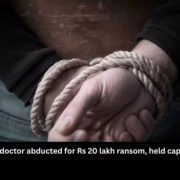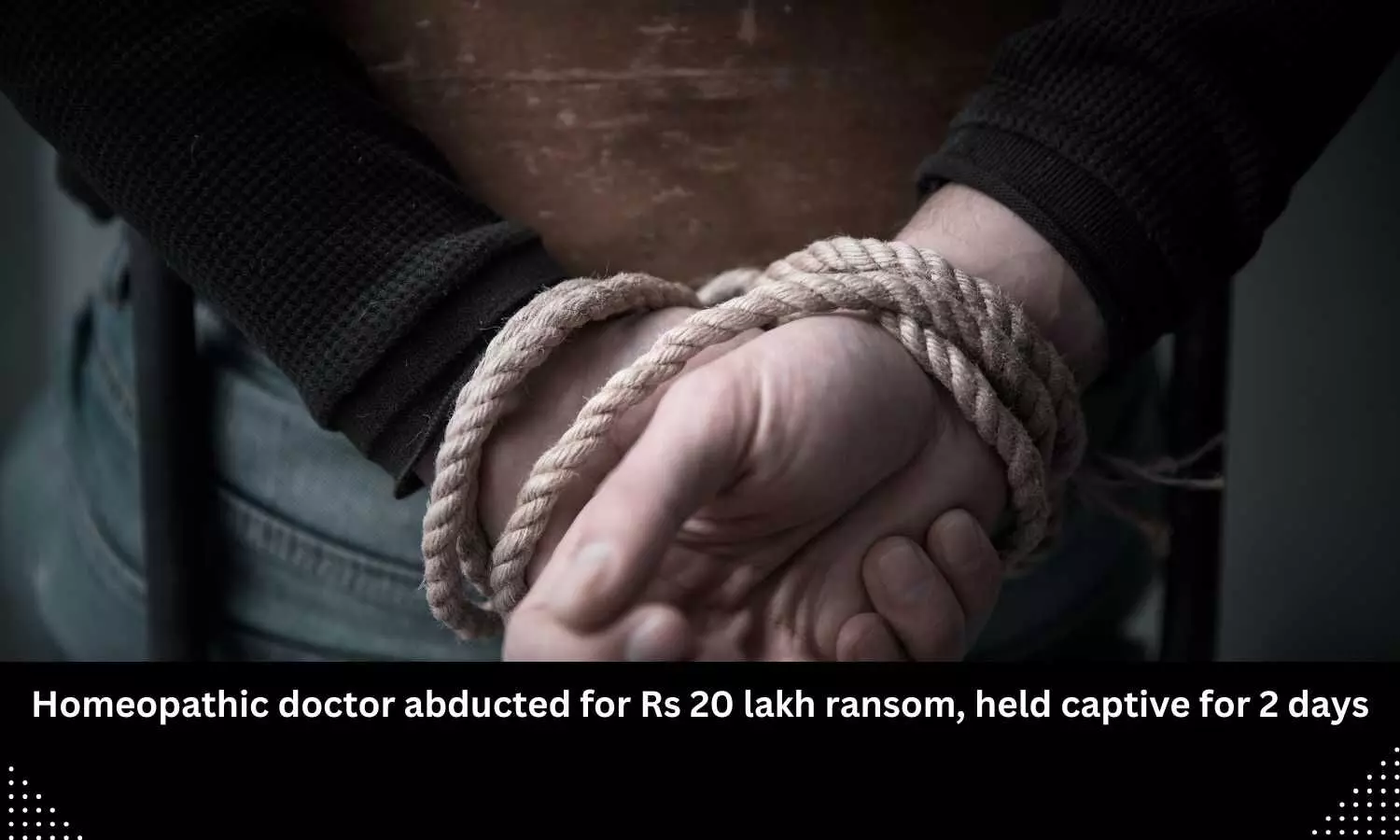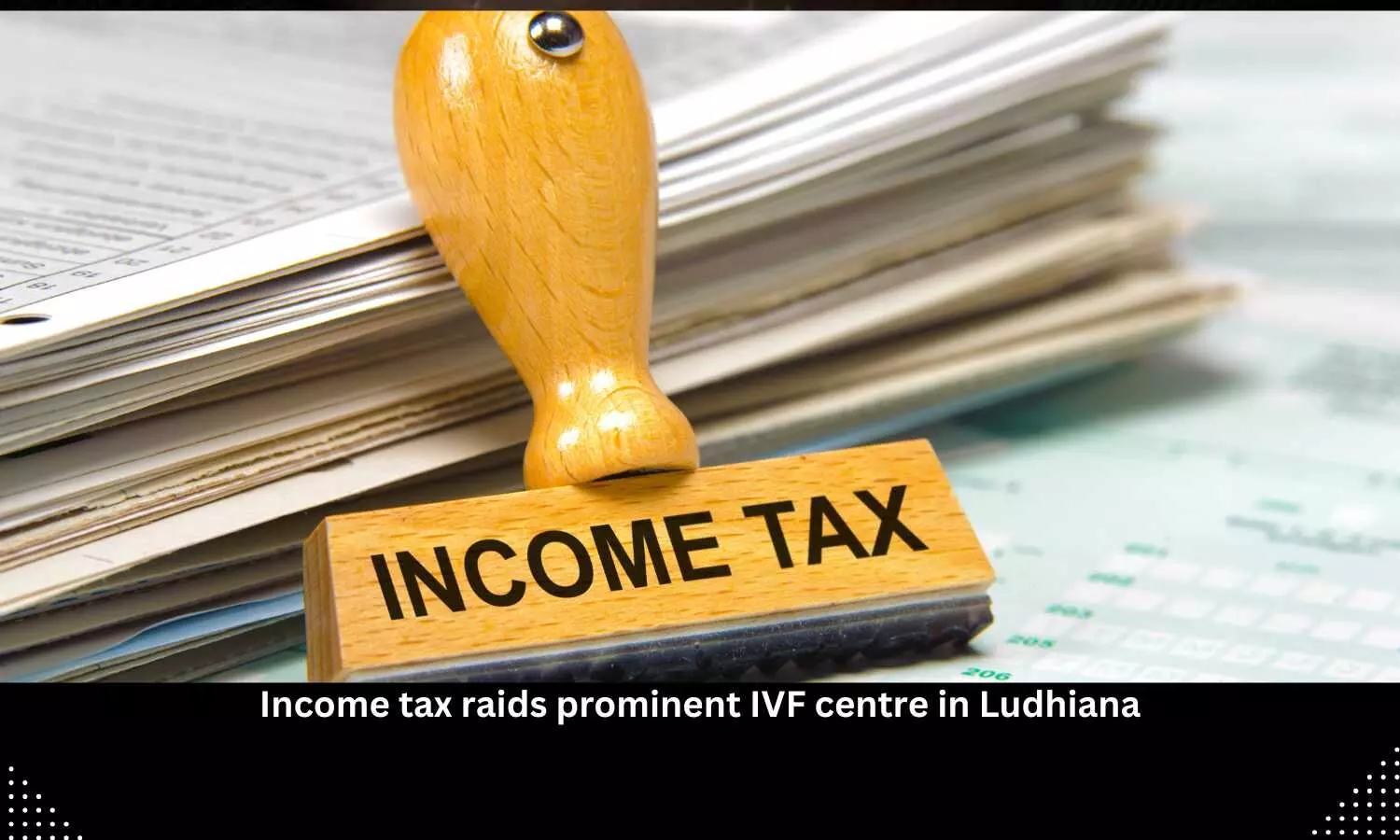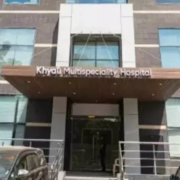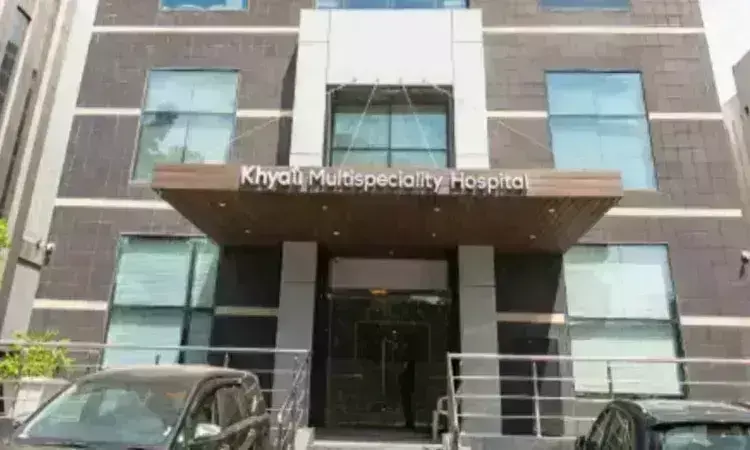Obesity and Chronic Hypertension: Key Factors in Stillbirth and Perinatal Death Risk and Delivery Decisions, Study Reveals

Canada: A retrospective cohort study published in the American Journal of Obstetrics and Gynecology revealed that pre-pregnancy obesity increases the risk of stillbirth and perinatal death, especially in women with chronic hypertension. However, between 26-35 weeks, this trend reversed, with hypertensive women having a lower stillbirth risk at higher BMIs.
At 31 weeks, women with a body mass index (BMI) of 40 kg/m² had a lower stillbirth risk than those with a BMI of 20 kg/m². The study suggests that optimal delivery timing for obese women may vary based on chronic hypertension status.
Obesity is a known risk factor for stillbirth and perinatal death and is commonly linked to chronic hypertension. However, limited research exists on the connection between pre-pregnancy BMI and gestational age (GA)-specific rates of stillbirth and perinatal death in women with chronic hypertension. To fill this knowledge gap, Jeffrey N Bone, University of British Columbia and the Children’s and Women’s Hospital and Health Centre of British Columbia, Vancouver, BC, Canada, and colleagues aimed to explore the relationship between pre-pregnancy BMI and GA-specific risks of stillbirth and perinatal death, considering the presence or absence of chronic hypertension.
For this purpose, the researchers conducted a retrospective cohort study of all singleton births in the United States during 2016-17, using data from live birth and fetal death certificates provided by the National Center for Health Statistics. They applied Piecewise Additive Mixed Models to evaluate the gestational age (GA)-specific relationship between pre-pregnancy BMI and the risks of stillbirth and perinatal death in women with and without chronic hypertension, adjusting for potential confounders. Results were presented as GA-specific adjusted hazard ratios (aHR) with 95% confidence intervals (CI).
The study led to the following findings:
- A total of 7,365,797 women were included in the study. Among these, 3.5% were underweight, 43.9% had normal BMI, 26.1% were overweight, and 14.5%, 7.0%, and 5.0% had obesity class I, II, and III, respectively.
- Stillbirth rates were higher with increasing BMI and were notably higher in women with chronic hypertension (14.2 per 1000 births) compared to those without (4.7 per 1000 births).
- The cumulative incidence of stillbirth increased with each gestational week and showed a higher gradient with increasing BMI in women without chronic hypertension.
- In women with chronic hypertension, the relationship between higher BMI and stillbirth risk reversed between 26-35 weeks of gestation.
- At 31 weeks of gestation, the adjusted hazard ratio (aHR) for stillbirth in women with a BMI of 40 kg/m² vs 20 kg/m² and chronic hypertension was 0.78.
- Conversely, the aHR for women without chronic hypertension in the same BMI comparison was 1.39.
- There were similar patterns for perinatal death.
The researchers concluded that the relationship between pre-pregnancy BMI and stillbirth risk is influenced by the presence of chronic hypertension between 26-35 weeks of gestation. During this period, elevated BMI is linked to a lower or similar relative risk of stillbirth and perinatal death. However, women with chronic hypertension and elevated BMI continue to face higher absolute risks of stillbirth and perinatal death across all gestational periods.
“These findings suggest that optimal delivery timing for obese women may depend on whether chronic hypertension is present,” the researchers wrote.
Reference:
Bone JN, Ks JOSEPH, Laura A MAGEE, Chantal MAYER, Sarka LISONKOVA. Relationship between pre-pregnancy body-mass-index and gestational age-specific risk of stillbirth and perinatal death in women with chronic hypertension. Am J Obstet Gynecol. 2024 Dec 12:S0002-9378(24)01184-0. doi: 10.1016/j.ajog.2024.12.007. Epub ahead of print. PMID: 39674332.
Powered by WPeMatico




